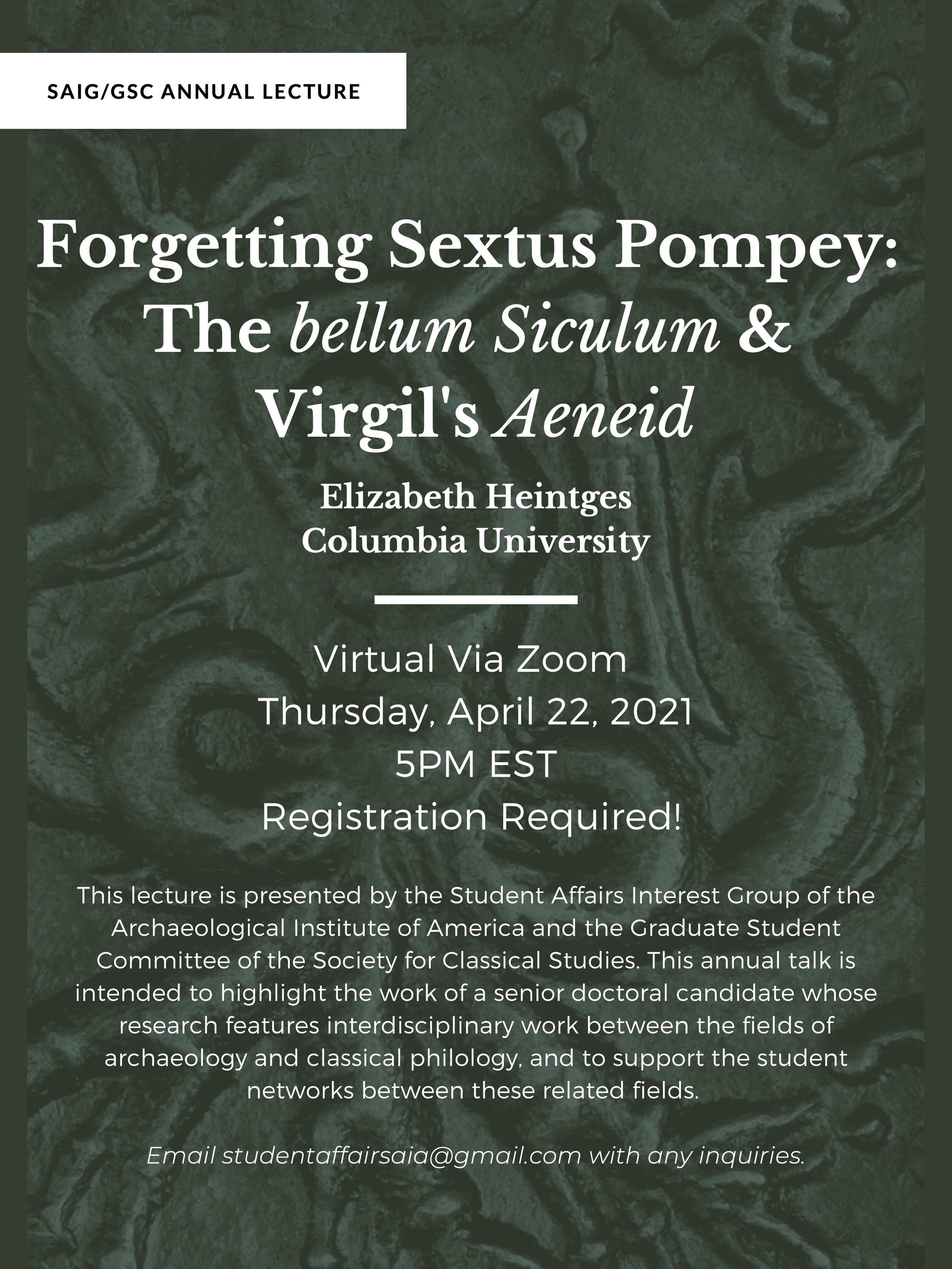By Katia Savrami
September 29, 2021
Do you want to participate on a research performative project in Ancient Greek Choruses?
The aim is to create two choreographed dramatic choruses’ fragments from Sophocles’ Antigone (with Masks) and Euripides’ Bacchae (with stones as a prop held by the actresses which produces the rhythm) that will challenge the conventional boundaries between representation of the past and current embodiment. As an academic, former dancer and choreographer, coming from Athens-Greece, we will focus on issues related to space, meter, and movement elements, and elaborate together with the student’s manners to create the contemporary choreographed chorus fragments.
Place: Columbia Campus (exact location not known yet)
Rehearsal period: Friday evenings and Saturdays in October (a time convenient for all)
Required: 5 Students with acting and movement skills
Attached the text that needs to be memorized
If you want to participate, please contact: as6551@columbia.edu.
Thank you for your interest!
Katia Savrami, Associate Professor in Dance at the Department of Theatre Studies, University of Patras, Greece
Fulbright Fellow for the fall Semester 2021 at the Department of Classics, Program in Hellenic Studies, Columbia University
Biographical note: Dr Katia Savrami (www.savrami.gr)




















